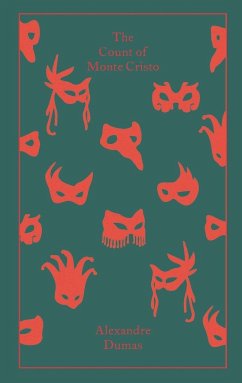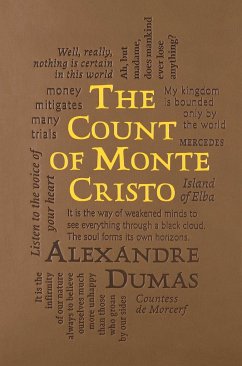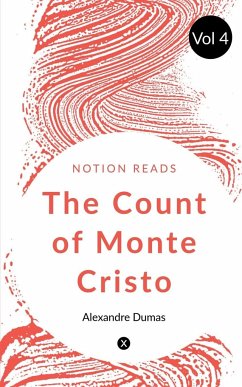
The Count of Monte Cristo Vol II

PAYBACK Punkte
16 °P sammeln!
Both the count and Baptistin had told the truth when they announced to Morcerf the proposed visit of the major, which had served Monte Cristo as a pretext for declining Albert's invitation. Seven o'clock had just struck, and M. Bertuccio, according to the command which had been given him, had two hours before left for Auteuil, when a cab stopped at the door, and after depositing its occupant at the gate, immediately hurried away, as if ashamed of its employment. The visitor was about fifty-two years of age, dressed in one of the green surtouts, ornamented with black frogs, which have so long m...
Both the count and Baptistin had told the truth when they announced to Morcerf the proposed visit of the major, which had served Monte Cristo as a pretext for declining Albert's invitation. Seven o'clock had just struck, and M. Bertuccio, according to the command which had been given him, had two hours before left for Auteuil, when a cab stopped at the door, and after depositing its occupant at the gate, immediately hurried away, as if ashamed of its employment. The visitor was about fifty-two years of age, dressed in one of the green surtouts, ornamented with black frogs, which have so long maintained......















